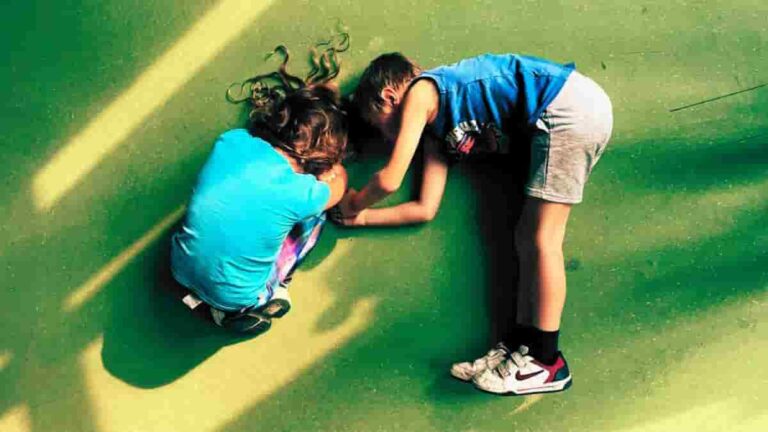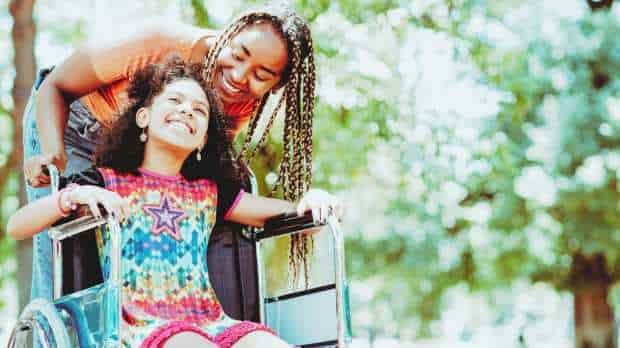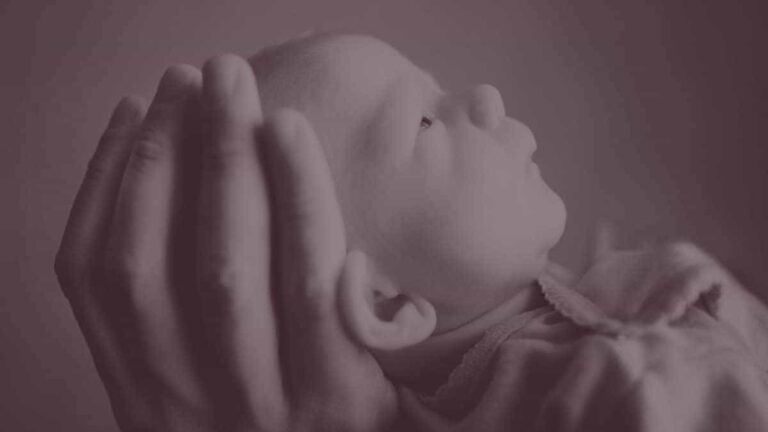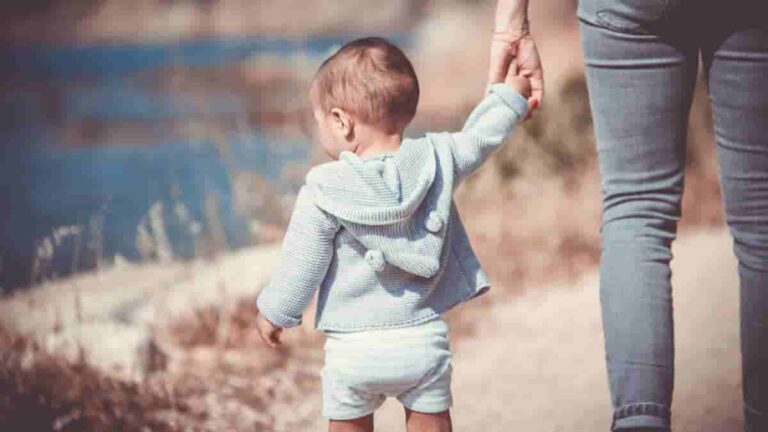According to new research from the University of Birmingham, babies as young as four months old can understand how their bodies interact with the environment around them. The findings shed new light on how self-awareness develops. Birmingham BabyLab experts showed babies a moving ball on a screen that moved towards or away from them. While their…
Tag: child development
Embodied Learning Improves Children’s Literacy Skills
Children who form letter sounds with their bodies outperform those who learn spelling in a traditional classroom, according to new research. Children who are at risk of having reading difficulties can benefit from the learning strategy just as much as those with normal literacy development. Literacy skills development is a crucial element of a child’s…
Children Who Are Close to Their Parents More Likely to Grow Up Kind and Helpful
A child’s propensity to be “prosocial,” or to act with kindness and empathy toward others, is greatly increased when they have a loving relationship with their parents from an early age, new research from the University of Cambridge indicates. The study analyzed information from over 10,000 individuals born between 2000 and 2002 to determine the…
THC Exposure In Pregnancy May Lead To Lifelong Cognitive Deficits for Offspring
Prenatal cannabis exposure had long-lasting and significant effects on cognitive and memory functions, a new rodent model study found. Surprisingly, these effects are sex-specific, implying that cannabis exposure in the womb affects males and females differently. Previous studies have shown that prenatal cannabis exposure can hinder a fetus’s normal growth, but it is still unclear…
Infants Identify People’s Motivations Better than AI
According to a recent study by a group of psychologists and data scientists, infants are better than artificial intelligence at determining what motivates other people’s behaviour. The results show that there are important differences between cognition and computation. They also show where technology needs to improve if AI is to behave more like humans. Adults,…
Attachment Shapes How Children Learn Fear From Parents
A new study from the University of Montreal identifies the factors that promote children’s observational fear learning. During childhood, many fears begin to appear. The scientific literature on this is quite straightforward: fear is commonly acquired through observation, particularly in children who imitate their parents and learn to fear a stimulus without direct exposure to…
Fear, Imitation, And Antisocial Behavior In Children: A New Link
New insight into a set of behaviours known as callous-unemotional (CU) traits is provided by two papers from psychologists Rebecca Waller of the University of Pennsylvania and Nicholas Wagner of Boston University. The researchers found that young children who exhibited less fear and desire for social connection and who engaged less frequently in a copycat…
This Is Why Children’s TV Is So Weird – And So Mesmerising
Pepi Nana stirs, and sits up in bed. “Tiddle toddle, tiddle toddle,” she says, flapping her arms, and blinking a pair of enormous round eyes. She walks over to the desk, sits down, and, using the oversized pencil in her front pocket, scribbles a letter to the Moon. “Tiddle toddle, please come to tea, and…
Does Lying to Your Children Lead to Adjustment Difficulties and More Lying as Adults?
Untruths told to children can elicit their compliance in the short term but are associated with detrimental effects when the child becomes an adult, research led by Nanyang Technological University, Singapore (NTU Singapore) suggests[1]. The research team asked 379 Singaporean young adults whether their parents lied to them when they were children, how much they…








